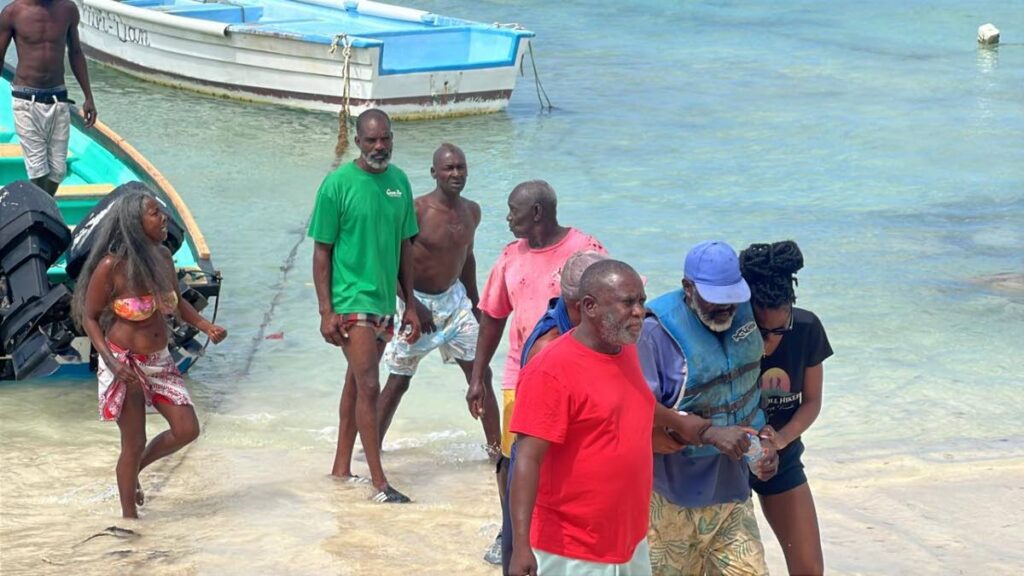Fishermen's risky trade

A week ago, on February 15, two Tobago fishermen walked ashore near the Pigeon Point Depot after being rescued by two colleagues.
It might be said that it took fishermen to find the lost fishermen after four days, but it also took teams from the Air Guard, Coast Guard, TEMA and the All Tobago Fisherfolk Association (ATFA), as well as individuals deploying drones, to search all the possible locations where they might have been found.
The men set out early on February 11 to set their fishing pots in the waters off Pigeon Point, and while it is not yet clear what happened, their pirogue began to drift, and the engine proved useless. Understanding what happened will be important, but more must be done to support fisherfolk in their work, and to ensure that they can pursue their business with dramatically diminished risk.
Five fishermen from Cedros disappeared in February 2024. One body was found off the coast of Venezuela and was believed to be one of the lost men. Nothing is known about their fate and the incident is still listed as unresolved on international bulletin boards dedicated to those lost at sea.
Three Guayaguayare fishermen survived for five days lost at sea, in December 2020, by eating raw fish, drinking rainwater, and paddling using oars made from pieces of wood and bucket covers until they made it to Morne Diablo. The men had drifted for miles from the southeastern tip of Trinidad to a point halfway across the island's southern coast. The danger is not only at sea. AFTA president Curtis Douglas recently asked for guns to be able to protect their equipment after eight engines and four fishing boats were stolen from fishing facilities in Tobago, despite the presence of a security firm on duty. Such thefts are growing in number.
The loss of even a single life in the local fishing community is tragic, and the continued attrition of this essential workforce is unacceptable.
The International Convention for the Safety of Life at Sea does not cover commercial fishing boats, and the small size of the pirogues commonly used for near-short coastal fishing in TT leaves little space for safety equipment or built-in features.
Given the cost of mounting a search-and-rescue operation, and the apparent limitations of the Coast Guard, which proved unable to secure a drifting boat recently, it's clearly time for a different approach.
Given the challenges of finding a small fishing boat in the vastness of the open sea, some consideration for state investment in, and insistence on basic safety gear, including basic maritime radio trackers for working fishermen, might save lives and improve the confidence of workers in the sector.

Comments
"Fishermen’s risky trade"